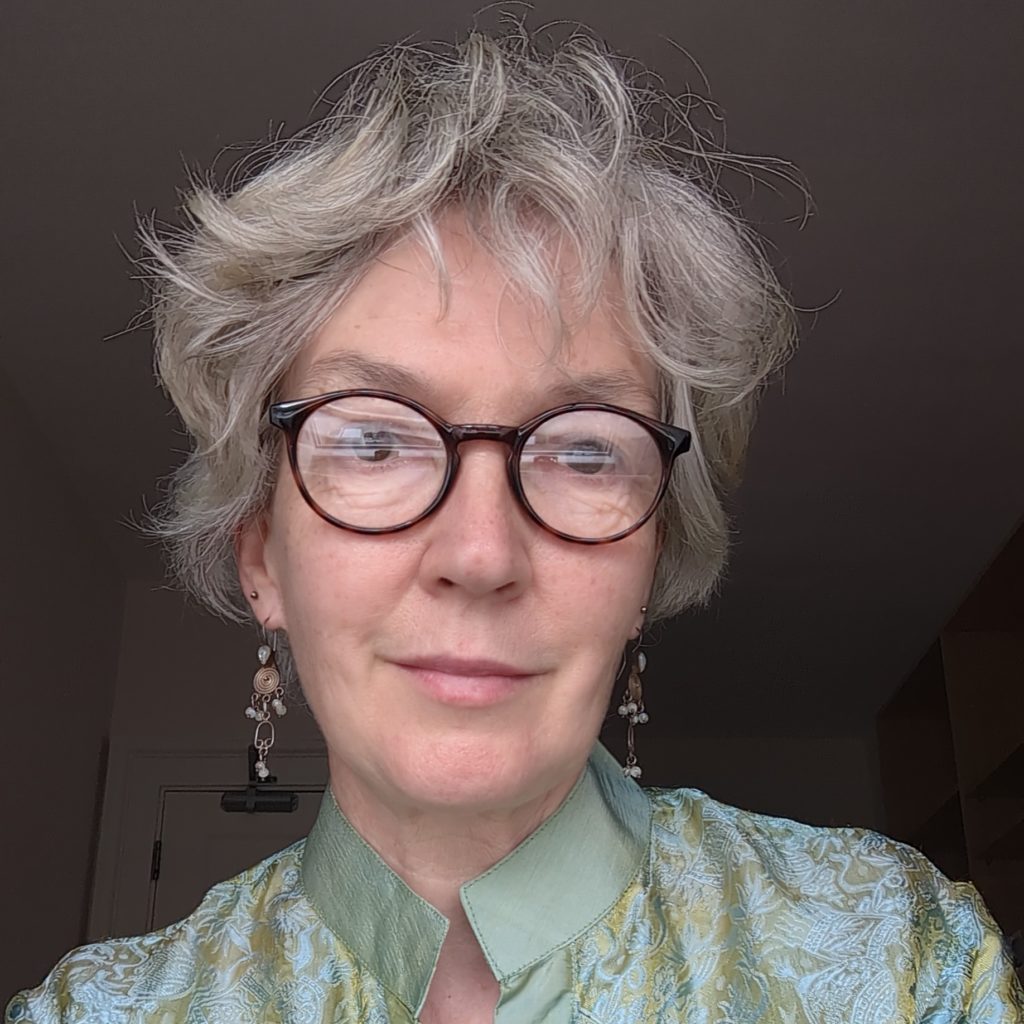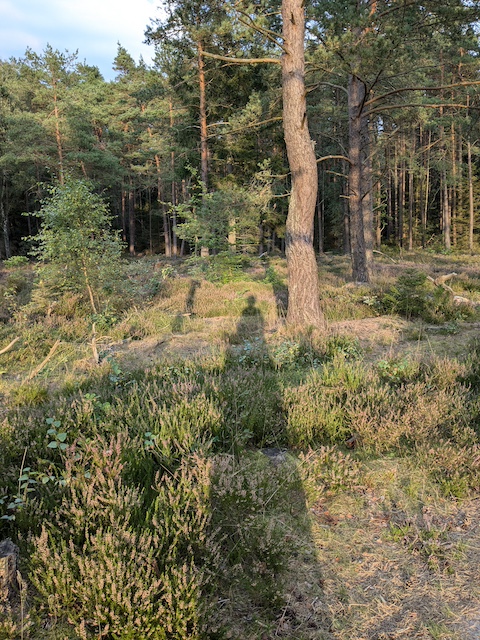Philippa Johnson, a PhD student and poet, invites us on a life-giving route through impostor syndrome
I had often admired those folk who stood at the front and spoke so eloquently, who sounded so well-read, so full of terms that I felt I needed to look up. As an English teacher for most of my career, standing in front of a room full of teenagers wasn’t scary, but a room full of grown-ups – who all knew what they were talking about – that was a scary proposition. Attending a conference? Maybe. Speaking at one? That was not for the likes of me: I’d be found out.
Then I gave a short summary of my topic to our cohort, and it went down well. The next one too, but this was a little longer. I was among people who felt equally vulnerable, uncertain, enthusiastic and encouraging, and if someone asked a tricky question, it helped me to realise that I could explain a bit more openly.
As Deputy Editor of the university’s peer-reviewed journal Exclamat!on, I’d helped towards organising this year’s conference on the theme of ‘Transformation, Change & Renewal’ and so felt I could contribute something. For the first time, I decided to send in one of my poems and give a talk on it, but it was a scary prospect: even writing the critical commentary for it, that became my paper, felt impossible at the beginning, despite being in my third year. What was going on? I am what is currently (and rather deliciously) termed ‘neuro-spicy’, and had to re-learn that sometimes it’s only a deadline that’ll keep me focused enough to complete a task like that.
Once I’d submitted it, my poem and commentary had to be peer-reviewed, which felt quite odd: I felt I’d fooled people into thinking I knew what I was talking about. But in the process of ‘fooling’ others, I rediscovered my key terms. I tried explaining my paper to non-university friends, and in the process of that found a couple of dropped stitches (to borrow a knitting term). Admittedly, there were a couple of sleepless nights beforehand, but I re-read my talk on the train, and added little extra explanations, clarified the punctuation, put breathing-marks into the poem so I could read it aloud with the right flow and emphases. Then, after helping with the set-up of the room, and re-reading it again while I was sitting at the welcome desk, it was time!
It turned out that people were kind, encouraging – and the day carried on. Conversations happened, tea and biscuits were consumed, and I had fooled no one, because I did know what I was talking about. For me, as soon as I learn something, it feels part of my world, and somehow that translates to ‘everyone else must know what I know too’: however, all that reading that I’d been told was peripheral meant that I could answer the questions, refer to examples, make more links. Nothing had been wasted.
The workshop I was co-leading started out as five bullet points: after an hour-long chat, we had two pages of structured, exciting and engaging activities: collaboration with lovely people is a true delight, and makes you realise you are in the right place. And the people who don’t leave you feeling motivated? There are so many more who will – find them.
The Exclamat!on Journal is run by PGRs for PGRs, specifically to be a place for learning and developing skills, trying new things and taking risks with sharing your research in a safe and supportive environment, and I’d whole-heartedly recommend getting involved in whatever way feels good to you. You’re not an imposter – you belong here.

Philippa Johnson is in the third year of her Creative Writing PhD at Exeter: her thesis title is Women With-In the Landscape, for which she has written a poetry collection about the female bog bodies, the bogs themselves, and the nature of enmeshment in this landscape. With a background in Anglo-Saxon and Linguistics, she draws on the poetics of early English, Irish and Scottish writings to enrich her poems. She is currently the deputy editor of Exeter’s Exclamat!on Journal, and has been published by Black Bough, and in Nearshore and Exclamat!on journals, amongst other publications. She is a teacher in her spare time.

